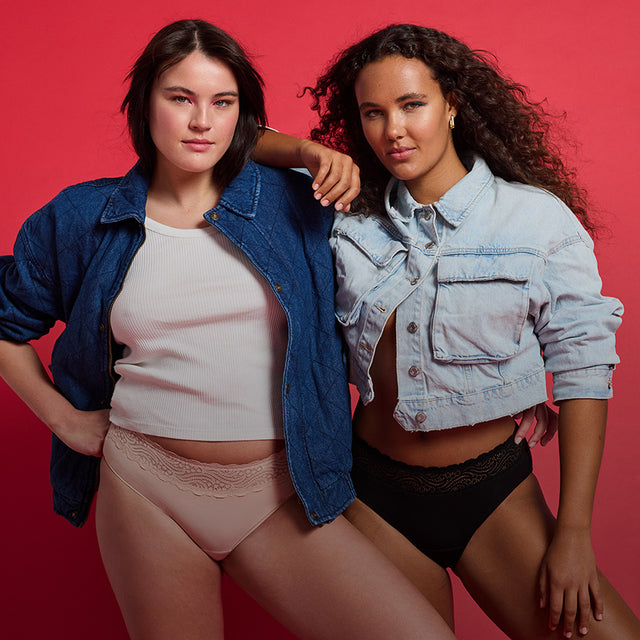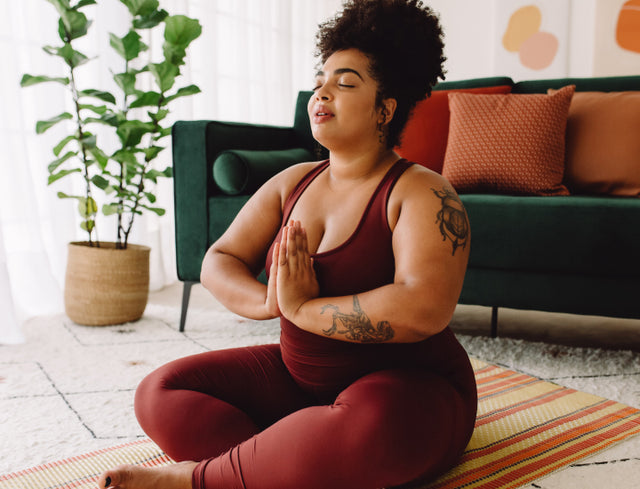New year, new sustainable you. We all know resolutions are hard to uphold, but when it's about changing the world, it's a promise worth keeping! This year, our commitments to being even more sustainable and helping you be sustainable too, is our number one priority.
This January we’ll be introducing activists from around the world that inspire us to do better and learn about their journeys campaigning for a better planet.
Maiysha Moin is a law student at Monash University, and a former organiser and MC for the Melbourne School Strike 4 Climate team. Her involvement in the environmental movement is documented in the new series called Youth On Strike. Maiysha continues her advocacy in other realms of activism including, but not limited to, women’s rights and social inequality.
Who/what inspired you to become environmentally focused?
My keen interest in environmentalism and social justice was inspired by my primary school education on issues like anthropogenic climate change and orangutan habitat loss due to palm oil production. My most vivid memory is during science class when we deconstructed a choc chip cookie, removing the chocolate which represented coal, and attempted to reassemble the cookie from its crumbs. It was a deeply impactful lesson: the destruction of our environment can never be fully rehabilitated to its original form. Additionally, with my cultural background as an Australian-Bengali woman, I have observed the salient issue of pollution during my visits to Bangladesh and its impact on my extended family and those of disadvantage. These early experiences made me realise the proximity of environmental issues to social justice.
Were you a sustainable family growing up?
By modern standards, my family wasn’t particularly sustainable while growing up. We dappled in sustainable efforts such as composting, using natural cleaning products and going vegan, but unfortunately we found these practices incompatible with our lifestyle. Instead, my family has consistently enjoyed growing veggies and herbs in our garden and reusing as much as possible. Even before the plastic bag ban in Victoria, my family would store all our plastic bags in a box and reuse them over and over until the poor bags had nothing left to give. While sustainable practices are important, I also firmly believe in investing in more efficient appliances around the house, from white goods to bathroom features my family attempts to create the most energy efficient home as financially possible.
What big/small changes have you made to be more sustainable in your life?
Becoming an adult, I’ve developed a passion about the intersectionality of environmentalism and personal finances. Some of my biggest changes include moving my bank to Bank Australia, which is more ethically sound, and opening my super with Australian Super’s Socially Aware fund. Knowing that my money and investments advocate for a fairer and more sustainable future encourages me to feel part of the economic solution to creating a better world. Some small changes in my life also include swapping single use items for reusable products, from keep cups to cutlery, and shifting away from fast fashion to classic pieces I can wear for years.
Has the environment always been a big part of your life?
I believe that all humans have a deep and intricate relationship with the natural environment around us – from simply breathing, to sport, to a cultural connection, to poetry. My parents’ love for gardening and visiting the Victorian country has certainly shaped my admiration for the natural landscape from a young age. Over recent years, Romantic and pastoral poetry, especially by Australian poet John Kinsella, has encouraged me to practice a spiritual and creative relationship with the environment.
What tips can you give your community to help make changes in their daily lives?
The misconception that individual sustainable actions are the solution to environmental issues has been dangerously perpetuated through our community. We need to shift that focus away from just individual actions to broader economic changes amongst banks, superfunds and big businesses. Returning to my interest in the relationship between environmentalism and finance, we can contribute to that change by voting with our money – research financial institutions that align with your values and move your money. Additionally, from a workers’ perspective, consider how your workplace can become more environmentally conscious from vouchers to use public transport, to alteration to your enterprise agreement regarding working in climate change exacerbated conditions, like the 35-degree heat.
Would you consider working with or buying from brands that did not align with your values? Is this important to you?
Both working and buying offer the chance to create lasting change. I would indeed consider working for a company that didn’t align with my values because I believe I could work with other team members and/or organisations to create positive change from the inside. However, I hesitate to purchase from unethical brands, unless necessary, because my money can be used as a vote for good. That is, I’d rather vote for a brand that upholds my values, rather than contributing to existing problems. It’s also important to highlight that purchasing sustainable goods can be unaffordable, especially for students, but the next best option is to choose big brands with lower environmental or ethical impacts or by purchasing second hand.








